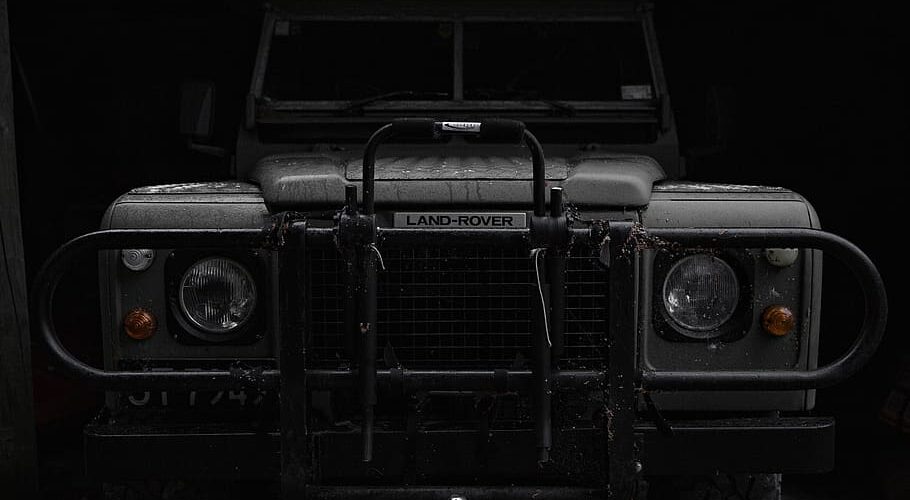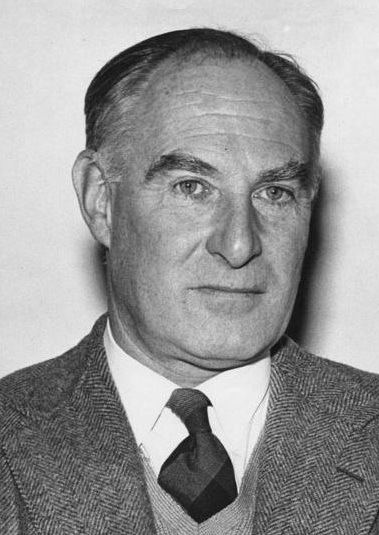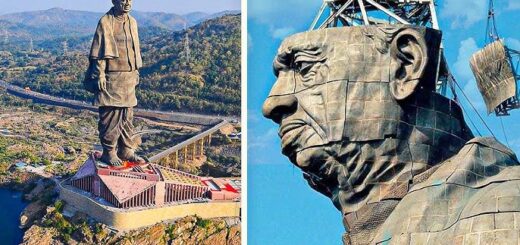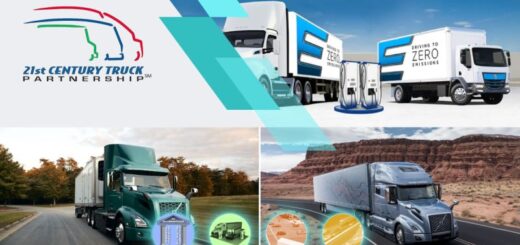The Legacy of Land Rover – A Comprehensive Overview

Land Rover is a British brand of predominantly four wheel drive, off-road capable vehicles, owned by multinational car manufacturer Jaguar Land Rover (JLR), since 2008 a subsidiary of India’s Tata Motors. Land Rover, a brand synonymous with luxury, adventure, and unparalleled off-road capability, has left an indelible mark on the automotive industry since its inception. Renowned for producing rugged yet refined vehicles, Land Rover has cultivated a loyal following of enthusiasts and adventurers worldwide. In this article, we delve into the rich history, iconic models, technological advancements, and enduring legacy of Land Rover.
Founder of Land Rover

- Maurice Wilks
History About Land Rover
The Land Rover story began in 1948 when the first model, the Series I, made its debut at the Amsterdam Motor Show. Conceived as a versatile utility vehicle, the Series I was designed to meet the demands of agricultural and industrial applications. Its robust construction, four-wheel-drive capability, and go-anywhere attitude quickly endeared it to farmers, explorers, and military forces alike. For half a century (from the original 1948 model, through 1997, when the Freelander was introduced), Land Rovers and Range Rovers exclusively relied on their trademark boxed-section vehicle frames.
Land Rover was granted a Royal Warrant by King George VI in 1951, and 50 years later, in 2001, it received a Queen’s Award for Enterprise for outstanding contribution to international trade. Over the decades, Land Rover evolved from a utilitarian workhorse to a symbol of prestige and adventure. The introduction of the iconic Range Rover in 1970 marked a significant milestone, combining luxury amenities with off-road prowess. Subsequent models, including the Discovery, Defender, and more recently, the Range Rover Evoque and Velar, further solidified Land Rover’s position as a leader in the luxury SUV segment. Since 2010, Land Rover has also introduced two-wheel drive variants, both of the Freelander, and of the Evoque, after having built exclusively 4WD cars for 62 years.
The Range Rover was introduced in 1970, and the company became a British Leyland subsidiary in 1978. In 1983 and 1984, the long and the short wheelbase Land Rovers were finally given official names the One Ten, and the Ninety respectively, and together they were badged the Defender models in 1990, after the 1989 introduction of the new Discovery model
Manufacturing
In the United Kingdom the Range Rover, Range Rover Sport and Range Rover Velar are built at their Solihull plant near Birmingham and the Discovery Sport and Evoque are built at their Halewood plant near Liverpool. In October 2018 JLR opened a new plant in Nitra, Slovakia to build the Discovery, and are now also building the 2020 Defender there. In Brazil the company builds both the Discovery Sport and Evoque in their plant in Itatiaia which was opened in June 2016. Historically Land Rovers were manufactured primarily at the Solihull plant until production of the Freelander was moved to the Halewood plant. Defender models were assembled under licence in several locations worldwide, including Spain (Santana Motors), Iran (Pazhan Morattab), Brazil (Karmann), and Turkey (Otokar).
Land Rover Models
- Historic
- Series I, II, IIA and III
- Freelander (sold in some markets as LR2)
- Current
- Defender
- Discovery
- Discovery Sport
- Range Rover
- Range Rover Sport
- Range Rover Velar
- Range Rover Evoque
Technological Advancements
Land Rover has consistently pushed the boundaries of innovation, integrating cutting-edge technologies to enhance performance, safety, and comfort. Some notable advancements include:
- Terrain Response System: Introduced in the mid-2000s, this system optimizes vehicle settings for various off-road conditions, ensuring maximum traction and control.
- InControl Touch Pro Infotainment: Land Rover’s intuitive infotainment system offers seamless connectivity, navigation, and entertainment features, keeping occupants informed and entertained on the go.
- Terrain-Based Stability Control: By monitoring terrain conditions and adjusting vehicle dynamics accordingly, this system enhances stability and control in challenging off-road environments.
- PHEV and Mild Hybrid Powertrains: In response to growing environmental concerns, Land Rover has introduced plug-in hybrid electric (PHEV) and mild hybrid powertrains across its lineup, reducing emissions without compromising performance.
Safety
Model-by-model road accident statistics from the UK Department for Transport show that the Land Rover Defender is one of the safest cars on British roads as measured by chance of death in two-car injury accidents. Land Rover is based on data collected by police forces following accidents between 2000 and 2004 in Great Britain, showed that Defender drivers had a 1% chance of being killed or seriously injured and a 33% chance of sustaining any kind of injury. Other four-wheel-drive vehicles scored equally highly, and collectively these vehicles were much safer for their passengers than those in other classes such as passenger cars.
Enduring Legacy
As Land Rover celebrates over seven decades of automotive excellence, its legacy continues to resonate with enthusiasts worldwide. From traversing rugged landscapes to navigating urban jungles, Land Rover vehicles embody a spirit of adventure and exploration. Whether it’s the timeless elegance of the Range Rover or the rugged capability of the Defender, each model reflects Land Rover’s unwavering commitment to craftsmanship, innovation, and adventure.
Global Sales
Worldwide sales of Land Rover tripled from model year 2008/’09 to 2014/’15 (from almost 130,000 to some 385,000 units), to peak at a further 10% higher in ’15/’16 and ’16/’17, and have since slid by some 100,000 (to 320,000 units) in 2018/’19. Overall, Europe is the firm’s primary market, consistently yielding 40% to 50% of global units sold. Generally, half of that is down to the home (UK) market. Sales in the U.K. and the U.S.

Conclusion
In conclusion, Land Rover stands as a testament to the enduring allure of luxury and adventure. With a heritage rooted in innovation and a future guided by sustainability, Land Rover is poised to inspire generations of adventurers for years to come. As the journey continues, one thing remains certain: wherever there’s a road to be traveled or a path to be forged, Land Rover will be there, leading the way.








